Main Toward vs. Towards Takeaways:
- When toward and towards are prepositions, they have the same meaning. They are interchangeable.
- The only difference between toward and towards as prepositions is regional.
- Toward is preferred in the U.S. and Canada, while Australia and the United Kingdom typically use towards.
- Both toward and towards mean “in the direction of.” They can also indicate relation or purpose.
- However, when an adjective, only toward (no ‘S’) is correct. This usage is rare.
Should you walk toward the museum or towards it? Have your feelings changed toward or towards your ex? As prepositions, both words are acceptable. The only difference between them is where each is commonly used.
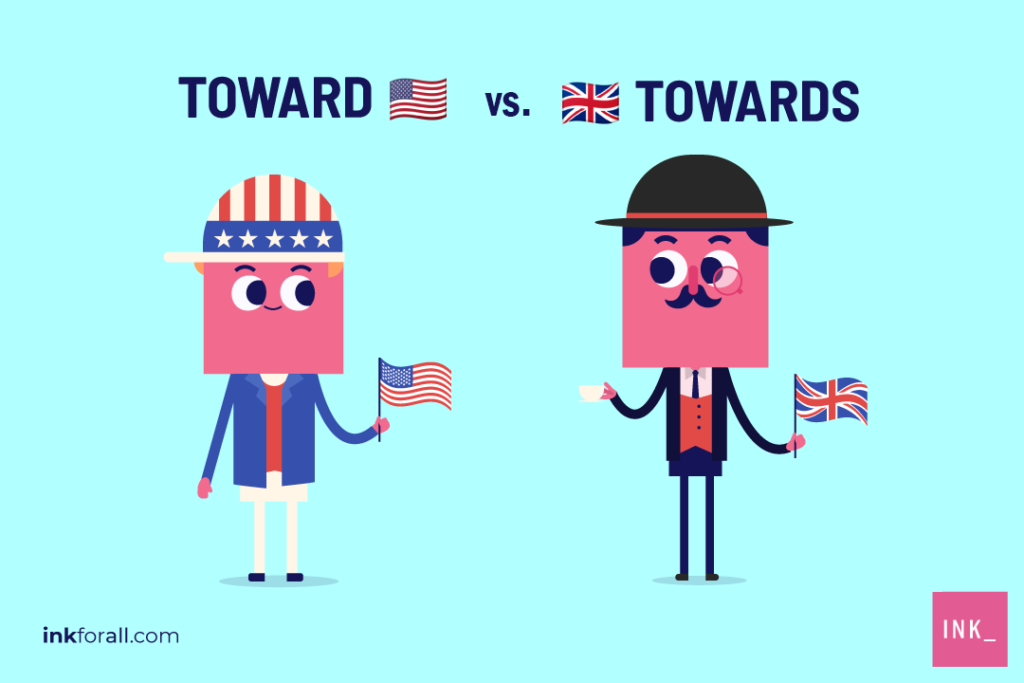

What is the Difference Between Toward and Towards?
As a preposition, toward and towards are both correct. The only real difference between the two words is the letter ‘S’ at the end. Traditionally, toward (no ‘S’) is more common in the U.S. and Canada. Meanwhile, towards (with the ‘S’) is more common in Australia and the United Kingdom. Towards is also the preferred term for informal conversations in the U.S., especially in the south. Regardless of which spelling you choose, both words have the same meaning. However, when an adjective, only towardis correct.
What Does Toward Mean?
As a preposition, toward is a directional word. As a result, towardmeans in the direction of. Figuratively, it can mean in relation to or for the purpose of. Rarely, toward can be an adjective instead. In this case, toward references something that is going on or in progress. Toward and towards are interchangeable as prepositions.However, when toward is an adjective, don’t add an ‘s’ at the end of the word.
Towardsdefinition:(preposition) in the direction of; in relation to; for the purpose of
Is There Such a Word as Towards?
Yes, towards is a real word and it can be used interchangeably with toward. Towardsandtoward function as prepositions in sentences. They both refer to the direction of someone or something. Both terms could also mean close in location or time.
The only difference between towards and toward is that towards is commonly used in British English. Meanwhile, toward is favored in American English. Other than that, these two words hold the same meaning and function.
Is Towards Plural?
Towards (with an ‘S’) is not plural. Typically, nouns can be singular or plural. Since towards is usually a preposition (and rarely, an adjective), it can’t be plural. Therefore, the difference between toward vs. towards is not singular vs. plural. In fact, it’s not grammatical at all. Instead, the difference is regional. For example, toward without an ‘S’ is more North American but towards with an ‘S’ is more British. Both are correct and interchangeable.
How Do You Use Towards in a Sentence?
Here are examples of how to use towards in a sentence:
Since towards is acting as a preposition in all of the above examples, you could easily use toward instead.
Remember, your sentence formula should always be toward(s) + object. An object is a noun or pronoun affected by a preposition or verb.
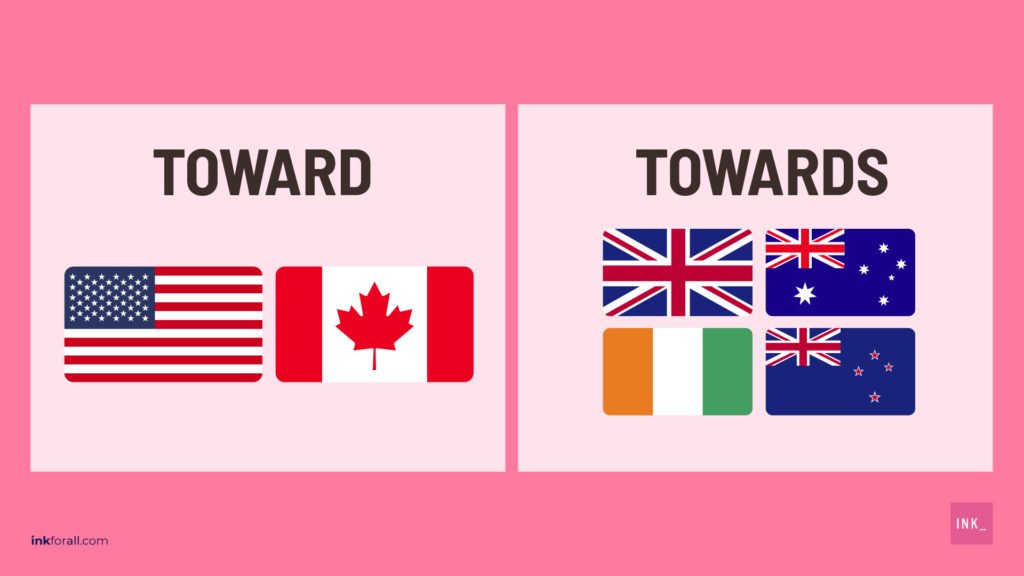

Can You End a Sentence with Toward?
When toward is acting as a preposition, it’s best to avoid ending a sentence with toward. This is because, traditionally, it’s bad grammatical form to end a sentence on a preposition. That said, if you are writing a formal document, essay, or paper, avoid ending a sentence on a preposition. However, if you are speaking informally or writing an informal note, email, or text, it’s okay to break this “rule.” Conversely, when toward is acting as an adjective, it can (and usually does) come at the end of a sentence.
What Does Geared Towards Mean?
When someone uses the phrase “geared towards,” they mean something is intended for a particular purpose or audience. You can also say “geared toward.”
What are Some Synonyms for Toward?
Synonyms for toward include “approaching,” “proceeding,” “via,” “facing,” and “against.” There are also some phrases you can replace toward with, including:
- in the direction of
- in the vicinity
- not quite
- on the road to
- in relation to
- close to
- shortly before
These phrases aren’t always exact substitutes for toward or towards. It depends on how you use the preposition in your sentence.
How Do You Say Toward?
You can pronounce toward like tord, tawrd, or tuh-word. Some people also say tword.
There is not an ‘r’ sound in the first part of toward, but some people mispronounce the word as tor-word. You may also hear it pronounced like tow-word with a long ‘o,’ but this is incorrect.
Think of the word toured to help yourself remember how to say toward. Though spelled differently, both words have similar pronunciations.
Quick Toward vs. Towards Grammar Quiz
Toward vs. Towards Question #1
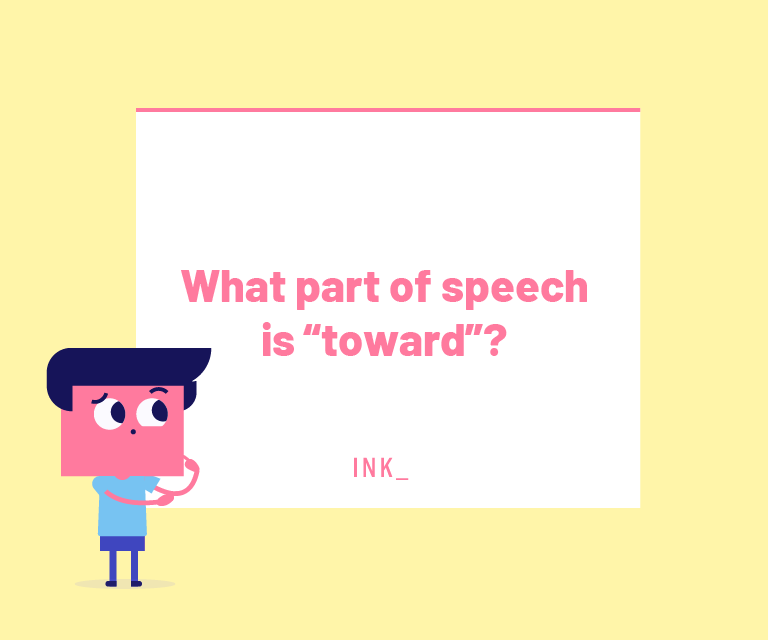

The answer is C. “Toward” is a preposition that means "in the direction of." It can also indicate relation or purpose.
Toward or Towards Question #2
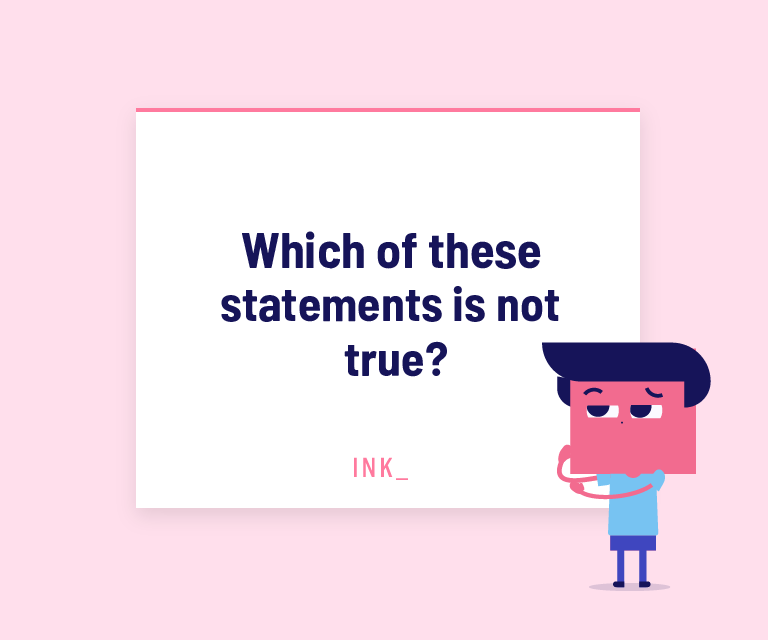

The answer is A. “Toward” is the preferred form in the U.S.
Toward or Towards Question #3
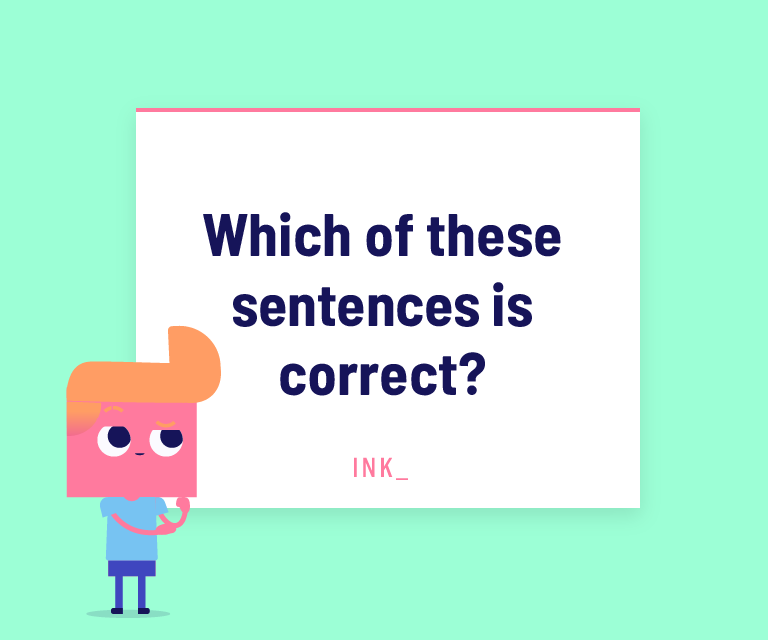

The answer is A. When using toward as an adjective, don't add an “s” at the end of the word.
Toward or Towards Question #4
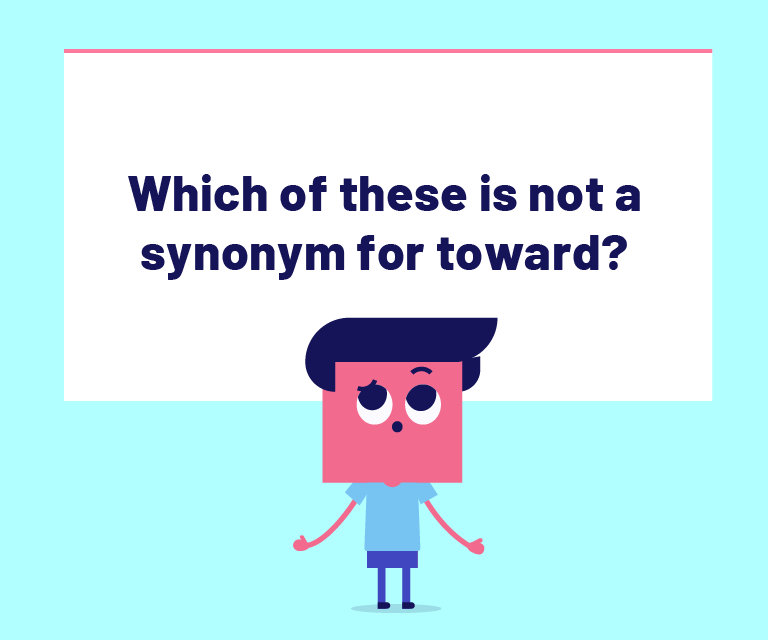

The answer is C. "Away from" is the opposite of "toward."
